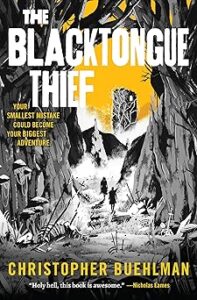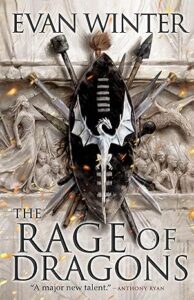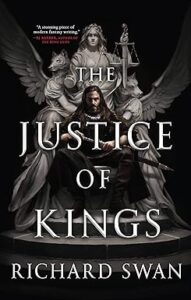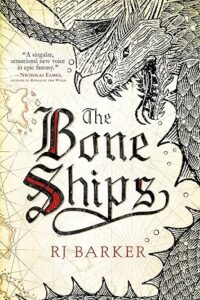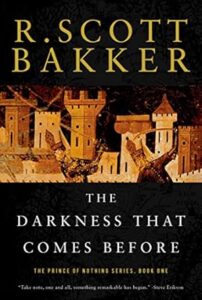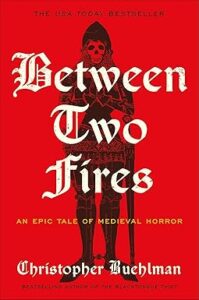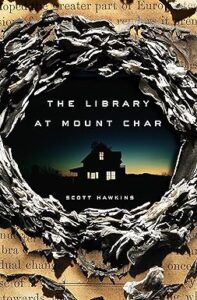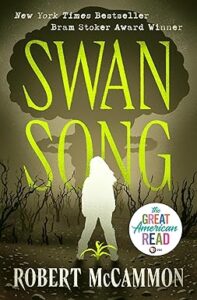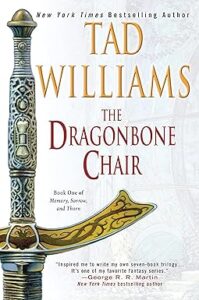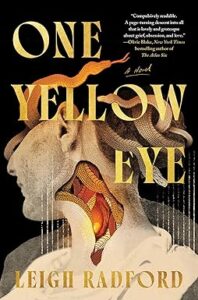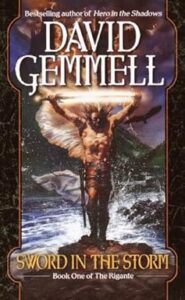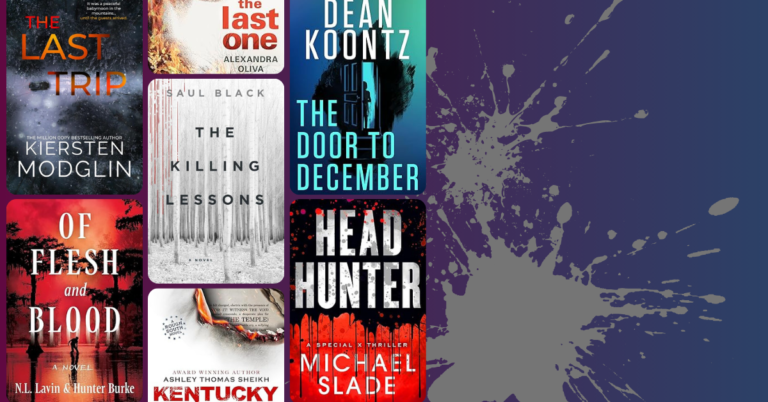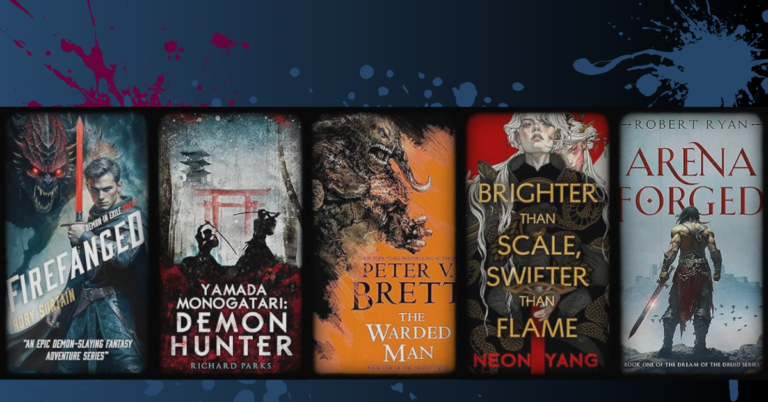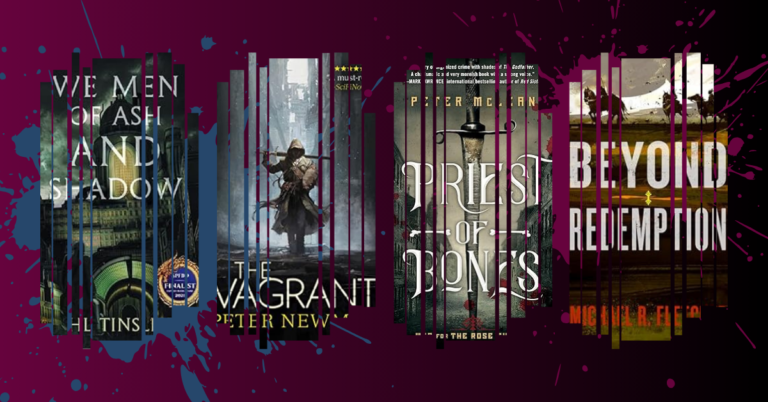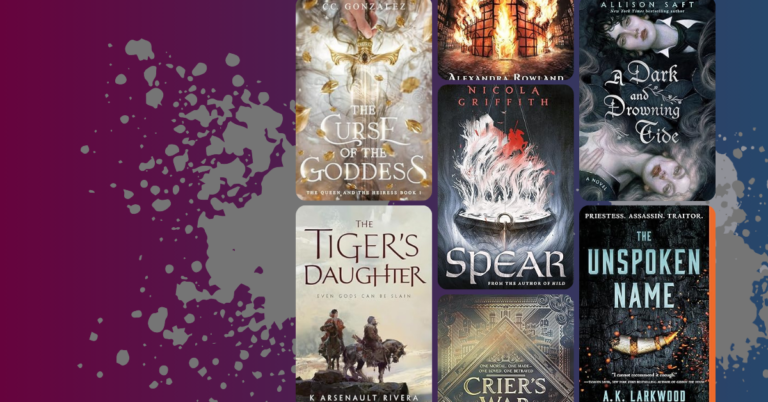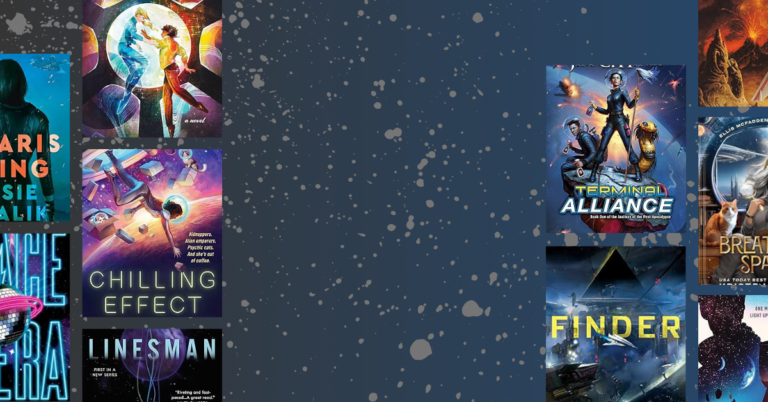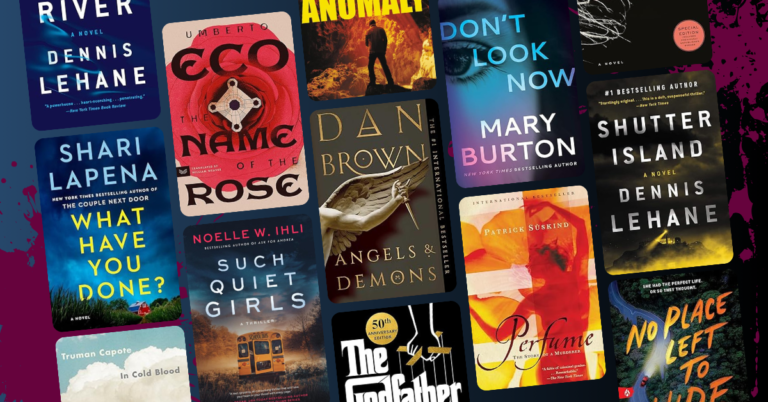Why Dark Fantasy Books Refuse to Play Nice
Dark fantasy books don’t do sunshine and rainbows. They do betrayal, cursed bloodlines, and worlds where the best you can hope for is slightly less suffering. If epic fantasy is a power ballad and cozy fantasy is lo-fi beats, then dark fantasy is the angry rock anthem that leaves your ears ringing.
These stories thrive on moral gray zones, doomed heroes, and a vibe that’s less “happily ever after” and more “survive another day, maybe.”
You’re here for catharsis, chaos, and characters love to hate (and hate to love).
What Exactly Makes a Fantasy Book “Dark”?
It’s not just about blood, guts, and a moody cover with too many ravens (though, honestly, there will be ravens). Dark fantasy leans into the uncomfortable. Think:
- Protagonists who are flawed, cursed, or morally compromised.
- Settings where the land itself feels hostile, not just the villain.
- Magic systems that exact a price, often a steep one.
Unlike high fantasy, where good and evil are neatly labeled, dark fantasy thrives in the mess. It asks: What happens when your chosen one is also kind of a disaster? When the crown costs more than it’s worth? When monsters feel more relatable than kings? That’s the tension that keeps readers hooked.
Why We Can’t Stop Reading Them
Because sometimes you don’t want comfort, you want catharsis. Dark fantasy lets you dive into dread, chaos, and betrayal, then close the book and still sleep safely in your own bed (hopefully). It’s horror-lite with swords, a therapy session wrapped in curses and chaos.
There’s also something perversely relatable about these worlds. They remind us that life isn’t all victories and parades. It’s struggle, compromise, and finding scraps of meaning in the dark. Which, frankly, makes a bleak fantasy saga feel more honest than a neat little bow-tied ending ever could.

